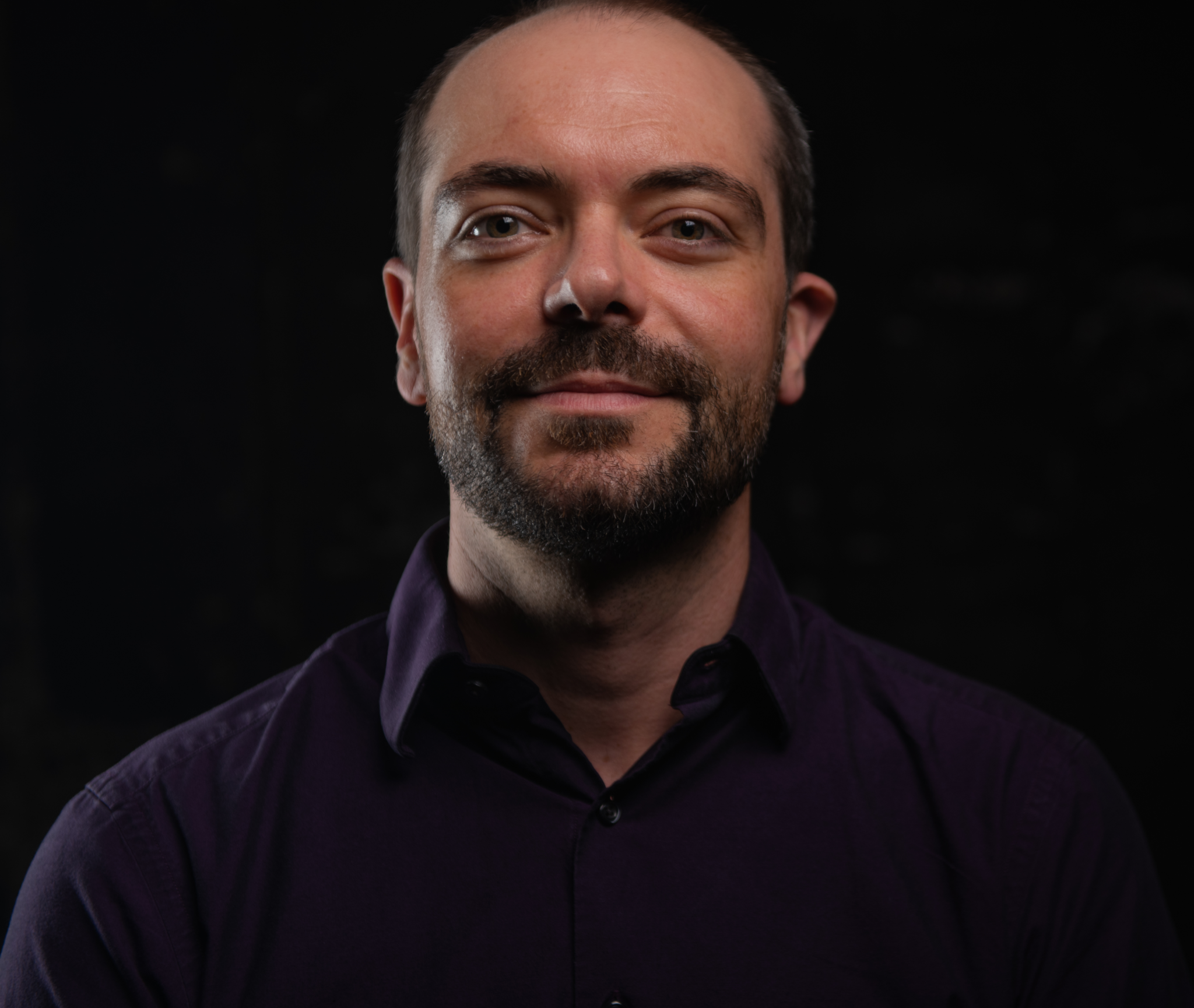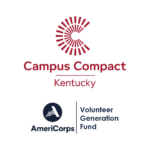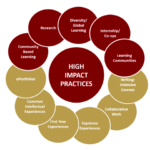KyCC Faculty Spotlight: Dr. Jeffrey Shenton, Visiting Assistant Professor of Anthropolgy
Lived Histories: Urban Renewal Oral History Project
 Jeffrey T. Shenton, Ph.D.
Jeffrey T. Shenton, Ph.D.
Visiting Assistant Professor of Anthropology
Centre College
Dr. Jeffrey Shenton works as a cultural anthropologist and as an educator. One of his primary concerns is always to try to find ways to get students out into the community and to engage with people.
“As much as this is about civic engagement, it is also about methods: living people are, quite literally, the source of our data in cultural anthropology,” he explained. “But, one of the main goals in teaching anthropological methods is also to teach empathy and sensitivity to context and personal interpretation of lived experience.”
The goal of his Lived Histories project was to try to meld these three imperatives: to find a way for students to systematically and robustly engage with individual folks at the local level; to fill a felt community need; to do so with empathy. The fact that this was conducted in the context of social distancing during a pandemic only offered more of a challenge.
In the fall of 2019, during his first semester at Centre College, Shenton began working with the Danville-Boyle County African American Historical Society (DBCAAHS) to educate students in his Culture and the Human Experience (Anthropology 110) course about the history of urban renewal in downtown Danville.
Michael Hughes, President of DBCAAHS, gave students a tour of what is now the Constitution Square area of downtown Danville and showed them a photo essay on the African American business district that had been cleared to make way for the Square in the early 1970s. This organization had done some preliminary work with oral histories, but nothing systematic. It was in talking to DBCAAHS and the St. James AME Church leadership in Danville that the idea for the oral history project was born.
“Quite simply, few folks who had experienced the urban renewal period in Danville were still living, and if they wanted this period in local history recorded, the time was now,” said Shenton.
When the team finally got a chance to conduct the project more than a year later, the pandemic was in full swing. Of course, this raised the question of what meaningful qualitative data collection and civic engagement might look like in a socially distant world. After many discussions with DBCAAHS and the Center for Teaching and Learning at Centre, the group decided on a protocol that would allow everyone to stay remote but to do our best to collect and systematize oral history data from folks impacted by the local urban renewal process.
“This was certainly an ‘it takes a village’ moment for me since we needed coordinated efforts from folks at DBCAAHS, CTL, the Centre Library, families in the local community, and students in order to make it happen using Zoom, podcasting hardware, archival platforms, and lots and lots of scheduling and permissions,” Shenton shared.
One of the aspects that he is most proud of in this project is the fact that they were able to use technology in an intentional way to bring people together; many of whom would not have talked with or learned from one another in other circumstances.
“We are living in a moment in which the use of social technology is being scrutinized for its alienating effects on young people,” he said. “Yet here, we were able to bring disparate voices from our own community to young people themselves, even given ongoing pandemic restrictions.”
The circumstances were not ideal, according to Shenton, and nothing will ever replace qualitative data collection in situ. But, this situation did show that forging some level of local connection is possible even from a distance, given enough contextualization to make local historical contingency relevant for students.
This project was meaningful for students as it spoke to the fact that local structures of power, including Centre College itself, have been a part of a racial and socioeconomic history founded in inequity. He described that in their interviews: “We were able to hear from someone whose family operated a restaurant in a building now torn down on 2nd St. in downtown Danville, from a purveyor of a barbershop who was party to anti-discrimination barbershop sit-ins by Centre students during the 1970s, from someone who, as a child, had lived with her grandparents on a now-defunct tobacco farm as tenants in Danville, and from someone who had been part of Centre’s janitorial staff for several decades, among several others.”
The team learned first-hand from interviewees about the local experience of normalized racial segregation and the difficult process of local school integration. These local touchstones linked students to place in a manner new to them.
Shenton concluded, “…these experiences were enabled through the use of technology during times of social distancing is a profoundly satisfying aspect of the project to me and one that, I hope, points to new avenues for productive civic engagement in higher education.”
Resources on this Project:
https://www.amnews.com/2021/02/18/history-project-focuses-on-urban-renewal-in-danville/
https://ctl.centre.edu/opportunities-successes/faculty-spotlight/shenton/


